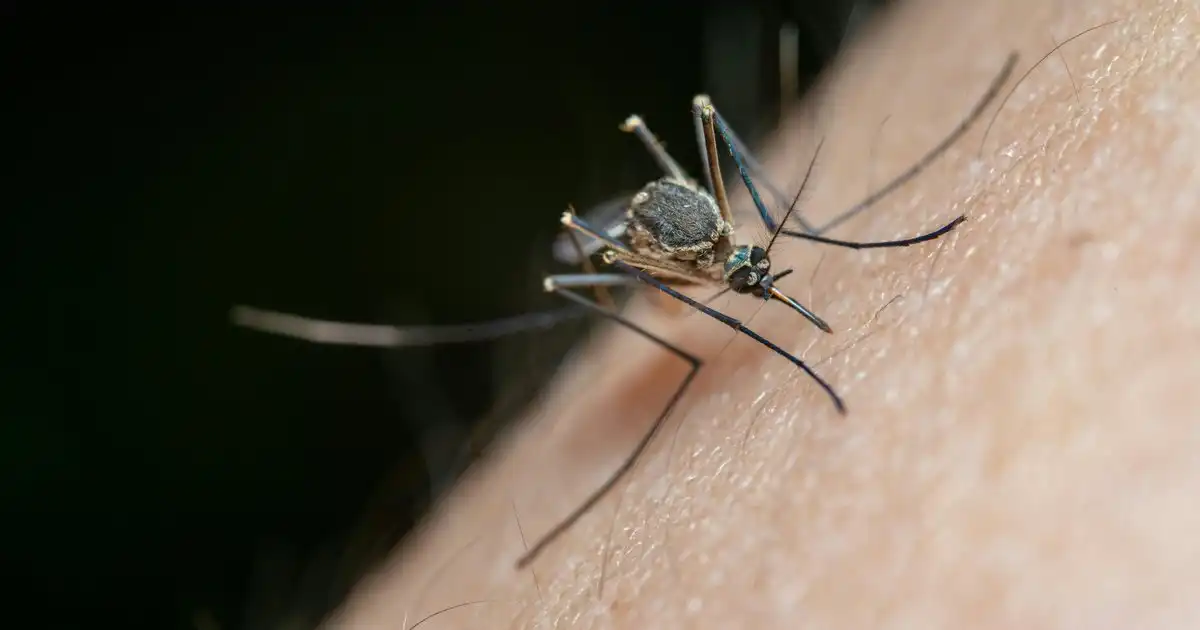Dengue Fever Rising Threat United States CDC Warns
Dengue fever spreads due to climate change, fragile health systems, and humanitarian crises. Symptoms range from mild to severe, with no cure.
Dengue fever is a serious illness transmitted by mosquitoes that is most prevalent in tropical and subtropical regions. The World Health Organization has identified various factors contributing to the spread of dengue, including climate change, the impact of the COVID-19 pandemic on healthcare systems, and political and economic instability leading to humanitarian crises and population movements.
While many individuals infected with dengue may not show any symptoms and recover quickly, others may experience flu-like symptoms, high fevers, severe headaches, pain behind the eyes, vomiting, swollen glands, and joint and muscle pain. This can be incredibly debilitating, with some individuals experiencing such intense joint pain that dengue has earned the nickname "breakbone fever." Unfortunately, there is no specific treatment for dengue, and the focus is on managing symptoms such as pain. Acetaminophen is typically recommended, as anti-inflammatory drugs like aspirin and ibuprofen can increase the risk of bleeding.
In some cases, around 5% of individuals may develop severe dengue symptoms even after their initial fever has subsided. These symptoms can include severe abdominal pain, persistent vomiting, presence of blood in vomit or stool, and signs of shock such as extreme thirst, paleness, and coldness. This can lead to organ failure and necessitate immediate medical attention or hospitalization, as advised by the Mayo Clinic.
The Centers for Disease Control and Prevention (CDC) recommends a dengue vaccine for children aged 9 to 16 who have previously been diagnosed with dengue and reside in regions where the disease is prevalent, such as Puerto Rico. There are currently no vaccines recommended for adults, travelers, or individuals without a prior history of dengue infection. It is crucial for individuals living in or traveling to dengue-endemic areas to take precautions to prevent mosquito bites and reduce the risk of contracting this potentially dangerous illness.











Comments on Dengue Fever Rising Threat United States CDC Warns